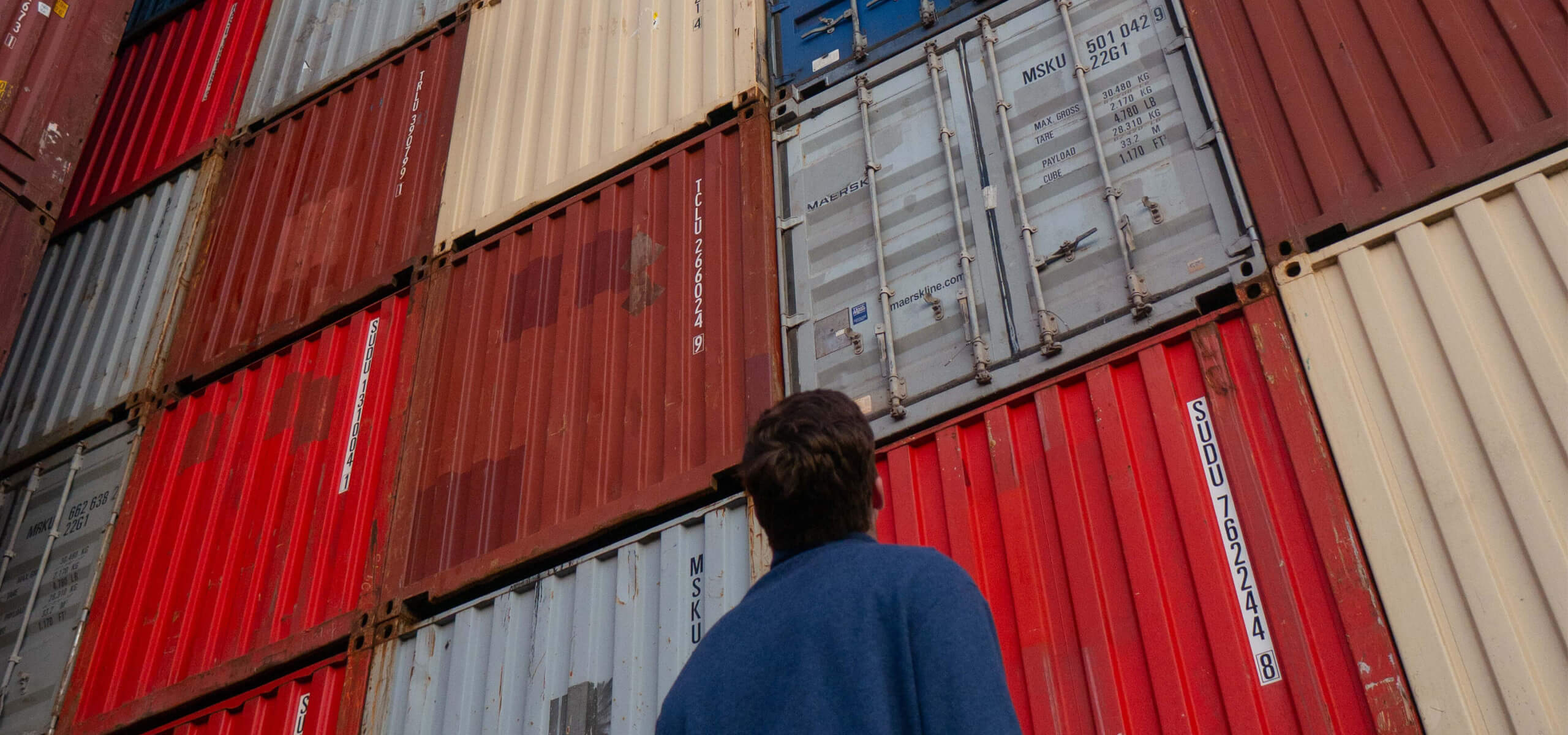Closing the Door

The True Cost of the Immigration White Paper
In December 2018, Theresa May’s government published its long-delayed Immigration White Paper – crucially informed by her interpretation of the Brexit referendum first and foremost as a mandate to end free movement.
By the government’s own admission, this is a plan to make us poorer: it would take 0.9% from the country’s GDP and cost the Budget bottom line £4 billion in just its first five years.
But these proposals risk further negative consequences, going beyond those set out in the White Paper. Global Future’s analysis finds that the government’s plans would:
- Cost employers more than £1bn in new red tape – and over half a billion to the NHS if it follows its plan to recruit more overseas staff; these are conservative estimates
- Impose a £80m barrier to EU students – through new fees they wouldn’t have to pay to study at competitor universities in the EU
- Create the makings of a new Windrush scandal – through the giant settled status scheme, government are retracing the five steps towards the Windrush disaster
- Sabotage the government’s own integration strategy – through a short-term work visa which discourages migrants from learning English and putting down roots
The damage to the economy and public finances of the government’s approach are widely accepted, so this report focuses on less well-established details, in five sections.
White Paper, red tape: For the first time, tens of thousands of European workers will need to navigate the intense bureaucracy of the Home Office’s visa system – costing their employers £1.14bn in five years. Hundreds of billions of pounds would churn from key public services back to the Home Office. And if the NHS is allowed to recruit the migrant workers it says it needs, the health service alone could face £580m in costs.
The £30,000 threshold: More than two thirds of jobs in the UK workforce wouldn’t qualify as ‘skilled’ under the government’s plans. The threshold would leave over 100,000 unfilled jobs in social care and nursing, and cause the total EU workforce to shrink by 2025 – making it very difficult for businesses to survive and expand.
Temporary workers: The proposed 12-month visas have been designed without considering the needs of the key sectors, like construction, which are most likely to use them. Their strict rules mean migrants will be discouraged from settling into the local community and prevented from mastering their work – leading to a risk of exactly the wage-undercutting and poor integration that opponents of immigration claim they are concerned about.
A new Windrush scandal in the making: We show how the settled status scheme exactly mirrors the makings of last year’s Windrush scandal – but on a much larger scale. The system is already creaking and will struggle to manage more than three million applications for fresh status. Even if it works, the new system will leave EU citizens with one of six different kinds of status, creating serious risks of confusion and error.
Student visas – a missed opportunity: Our universities are a major British success story, and international students contribute nearly £15bn to the economy each year. But the White Paper creates vast new barriers for European students whilst doing nothing to help universities against competitors in countries like the US and Australia.
The White Paper contains many sensible measures, like the proposed abolition of the Resident Labour Market Test. But its overall effect – predicated on the abolition of free movement – would only be to hold Britain back.









